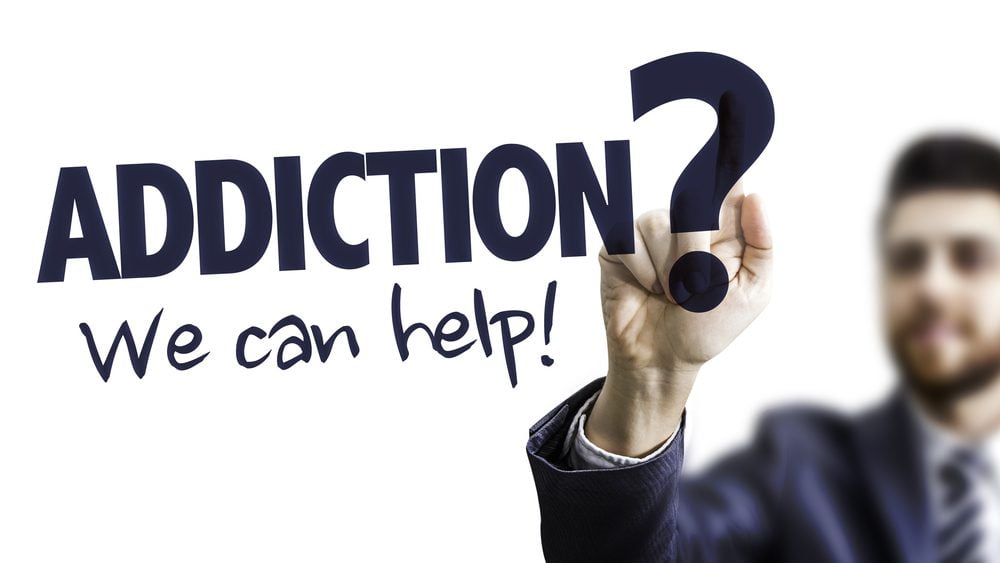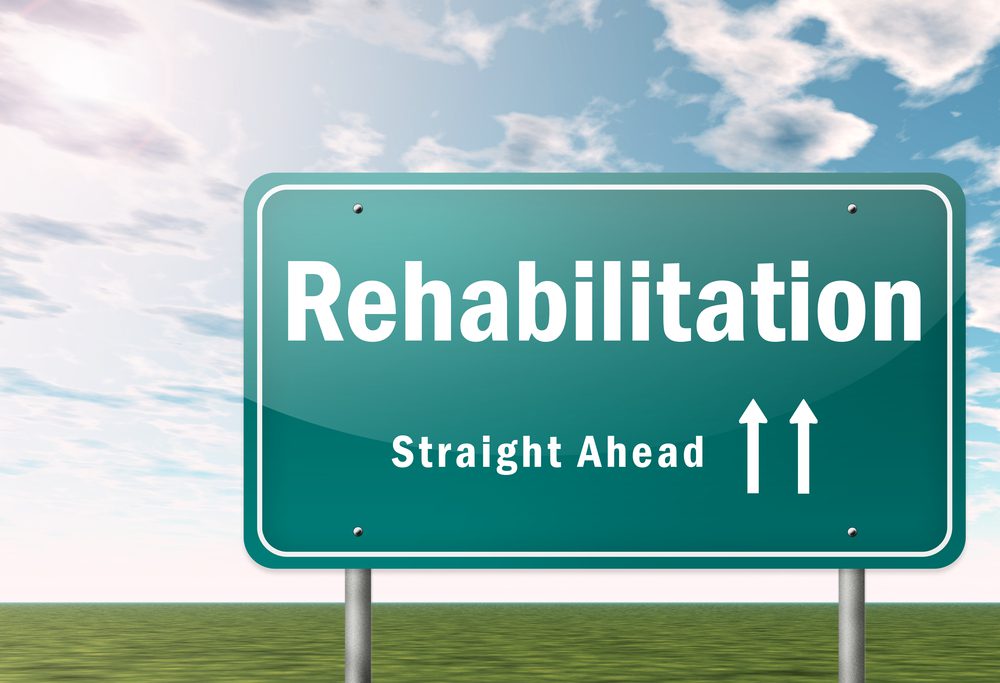7 Reasons To Seek Addiction Treatment
Substance use disorder, which is more colloquially known as drug addiction, is a serious mental...
toll free: 844.955.3042
local tel: 561.464.6505
fax: 561.450.6637
info@recointensive.com
RECO Intensive
140 NE 4th Avenue
Delray Beach, FL 33483
Drug and alcohol addiction are two related mental health disorders that both are medically referred to as substance use disorder. More casually referred to as substance addiction, substance use disorder is characterized by a refusal of someone to curtail their substance abuse despite any adverse consequences alleged to have come of that substance abuse.
Far from a rare disease, the prominence of drug and alcohol addiction has grown in recent years, especially in response to the trauma of the pandemic, to create a full blown epidemic. As prescription drug addiction has skyrocketed due to factors like opioid overprescribing, utilizing American addiction centers to combat this devastating disease is becoming increasingly vital.
To learn more about what you or a loved one might expect to experience in such a treatment center, why Fort Lauderdale, Florida is a perfect place to begin your rehab center search, and the meaning of some confusing terms like “partial hospitalization,” you can read on through our brief guide below.


Treatment for drug or alcohol addiction that has progressed to the point of full chemical dependency usually must begin with a medical detox process. Psychological addiction recovery cannot begin until all drugs have been cleared from the patients’ system and any withdrawal symptoms allowed to subside or otherwise appropriately managed.
Since alcohol detox can, in rare cases, result in a medical emergency, withdrawal management in a well-equipped medical detox center may be critical to a safe recovery process. Opioid addiction can also result in withdrawal symptoms that are painful enough that some patients are motivated to resume their opiate addiction just to ameliorate them, so appropriate relief may be critical to their relapse prevention.
After the detox process, drug rehab or alcohol rehab may be continued in more comprehensive inpatient and outpatient treatment centers. While residential treatment programs may be necessary to ensure adequate relapse prevention in patients suffering from severe drug addiction or complex mental health co occurring disorders, people who suffer from milder forms of drug and alcohol addiction may be able to work towards their own recovery in outpatient rehab.
If participating in outpatient rehab, patients must devote several hours a week to their outpatient treatment, but do not actually have to live full time at their treatment centers as in residential treatment programs.
In partial hospitalization programs, the most intensive outpatient program typically recommended, patients may report to their treatment centers up to five times a week for up to eight hours a day for drug and alcohol rehab.


Partial hospitalization programs may “step down” to a less intensive outpatient program that requires a lower level of commitment and allows more free time, but that still fosters relapse prevention by offering significant continual support and treatment.
For instance, our rehabilitation center in Fort Lauderdale, Florida suggests patients transition from our partial hospitalization program to an intensive outpatient program that requires only nightly meetings before moving on to independent sober living elsewhere in the Fort Lauderdale, FL area.
Outpatient services can offer similar forms of evidence based treatment as residential treatment programs, while still giving those seeking addiction treatment the freedom to handle any critical family obligations or to continue to go to work.
This may make drug and alcohol rehab more accessible to people who otherwise may not have been able to commit to seeking addiction treatment. Intensive outpatient treatment is also often less expensive than residential treatment, and can allow patients to maintain more of a connection with their loved ones and usual everyday lives, which may make treatment programs more pleasant and thus easier to stick to.
Whether you ultimately choose an inpatient or outpatient treatment center, the next phase of the addiction recovery process will likely involve individual and group therapy. For instance, both newer forms of behavioral therapy like rapid resolution therapy and more established forms like cognitive behavioral therapy and dialectical behavioral therapy may be offered at an addiction treatment facility.
Addiction treatment programs may also aim to address co occurring disorders that may have fueled an individual’s substance abuse, aiming to treat this underlying mental health disorder so that drug and alcohol abuse will no longer need to be relied upon for unhealthy “self-medication. ”
If lesser methods like individual and group therapy are unsuccessful, prescription drugs like anti-depressants may make recovery from chemical dependency, substance addiction, and related mental health problems go more smoothly by evening out the biochemical highs and lows that may accompany the brain’s adaptation to sobriety.
Some American addiction centers also address the biological aspects of these mental health disorders with higher tech techniques like brain mapping. In this form of addiction treatment, behavioral health experts use electrodes to measure brain activity, data that treatment specialists than use to analyze the patients’ behavior and provide individualized advice that can aid them in their recovery journey.


Group therapy is also often an important part of the agenda in a drug and alcohol rehab center. By providing a chance for patients in addiction treatment facilities to discuss their shared experiences of drug addiction, group therapy shows struggling addicts that they are not alone, which can help them to shed some of the intense self blame sometimes associated with substance abuse and to re-learn how they can form healthy relationships with one another.
As attested to by the high success rates of twelve step programs for drug and alcohol addictions, this camaraderie can be a powerful force in cementing patients’ drug and alcohol addiction recovery.
Similarly, family therapy can pave the way for addiction recovery by creating a safe platform for dialogue about substance abuse between a recovering addict and any family members their drug and alcohol abuse may have affected. Family therapy will help both parties to work through any past traumas and to establish new, healthier ways of relating to one another and healthier family roles.
Many modern American addiction centers also incorporate holistic options into their addiction recovery programs. For instance, these can include art therapy, music therapy, physical recreation programs, mindfulness training, and nutritional education programs.
Little do most people know, but Fort Lauderdale, Florida is actually a popular place for those seeking addiction treatment to search for their drug rehab centers. This is in part because Fort Lauderdale, Florida has such great weather year round, making it an alluring place to undergo a journey of healing.
Over time, Fort Lauderdale, FL, and the surrounding South Florida area has also become specifically known for its abundance of drug and alcohol rehab treatment centers. This only enhances the therapeutic environment by creating a strong recovery community in the Fort Lauderdale, FL area, which can be of a huge benefit to anyone attempting to rebuild their life after overcoming substance abuse.


Our drug rehab treatment center is located quite close to Fort Lauderdale, FL in nearby Delray Beach. Prospective patients who wish to commute from Fort Lauderdale, Florida should expect only around a half an hour of commuting time. Fort Lauderdale, FL residents could also temporarily take residence in one of our sober living homes while participating in our intensive outpatient or partial hospitalization programs.
Respected as one of the top American addiction centers in the Fort Lauderdale, FL area and beyond, our rehabilitation center is unique among other alcohol rehabs and drug rehabs in the area because of our intense focus on holistic well-being as well as more standard drug and alcohol rehab techniques.
Drug and alcohol rehab can begin with either a partial hospitalization program or a less intensive outpatient program. To learn more about our rehab center and whether such a program may be right for you, feel free to call a treatment center associate at 844.955.3042 or to contact a rehab center associate anytime online using this form. There’s no time to waste in getting back on the road to a brighter future.